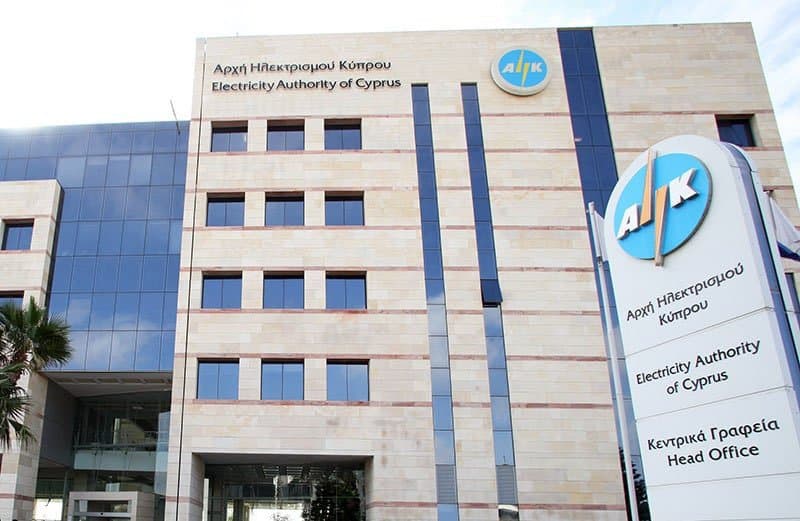The electricity authority (EAC) is to propose a 3 per cent increase in the price of electricity paid by consumers, its chairman George Petrou said on Tuesday.
The plan comes after the EAC had initially requested from the Cyprus energy regulatory authority (Cera) that consumer tariffs be raised by 7.5 per cent, with President Nikos Christodoulides then intervening to “sternly urge” the EAC to not follow through with such an increase.
Speaking to the CyBC, Petrou said that “although an increase of 7.5 per cent was initially considered, the view ultimately prevailed for a milder adjustment to reduce the impact on households”.
He added that with a 3 per cent increase in tariffs, a household consuming around 700 kilowatt hours’ worth of electricity over a two-month period would see its electricity bill increase by around €5.
The EAC typically files such requests roughly every two years, submitting its expenses for review, with Cera either agreeing or making amendments.
It is allowed a return on capital, colloquially known as a “legitimate profit margin”, of 4.66 per cent, and this is borne in mind when its expenses and requests for tariff increases are filed.
After last month’s presidential intervention, Petrou had defended a lack of adjustment in tariff prices, saying that the EAC had “strong reserves” of funds on which it could rely in the event that tariff prices were not raised.
However, EAC workers’ trade unions were infuriated by his actions, with Marios Papoutis, the head of trade union Sepaik, telling the Cyprus Mail at the time that Petrou had acted “irregularly”.
He said Petrou should have returned the matter to the EAC’s board of directors, taken another look at the company’s accounts, and then informed Christodoulides of the EAC’s decision.
“He did not follow proper procedure. Effectively, he forfeited these expenses,” he said.
On Tuesday, Petrou also passed comment on the prospect of the forthcoming introduction of a “competitive” energy market in Cyprus, allowing private companies to challenge the EAC.
“The organisation is moving based on strategic planning to address the changes,” he said.
Earlier, Energy Minister George Papanastasiou had twice said he was unsure whether the opening of Cyprus’ electricity grid to private companies will lower people’s electricity bills.
He added that in large electricity markets, prices typically remain stable when private first companies are allowed to enter, with them then falling later on “due to competition”.
Cera announced last Wednesday that Cyprus’ energy market will open up to private companies on September 15, with October 1 earmarked as “the first day of trading”.
Asked what will change when private companies are allowed to partake, he said energy producers and suppliers will “enter an environment which is essentially a stock market, in which every half hour, quotes will be made, and electricity can be bought”.
The system will be backed by Eurobank, which, he said, has “knowledge of the subject”.
The electricity market association (EMA), meanwhile, expressed their satisfaction with the forthcoming opening of Cyprus’ energy grid to private companies, saying it “welcomes the development” and stressing its “importance for the normalisation of energy prices”.
“With the implementation of the new competitive market, Cypriot consumers will for the first time gain the ability to choose their electricity supplier of choice – a fact which will strengthen competition and lead to fairer and more cost-oriented prices,” it added.







Click here to change your cookie preferences